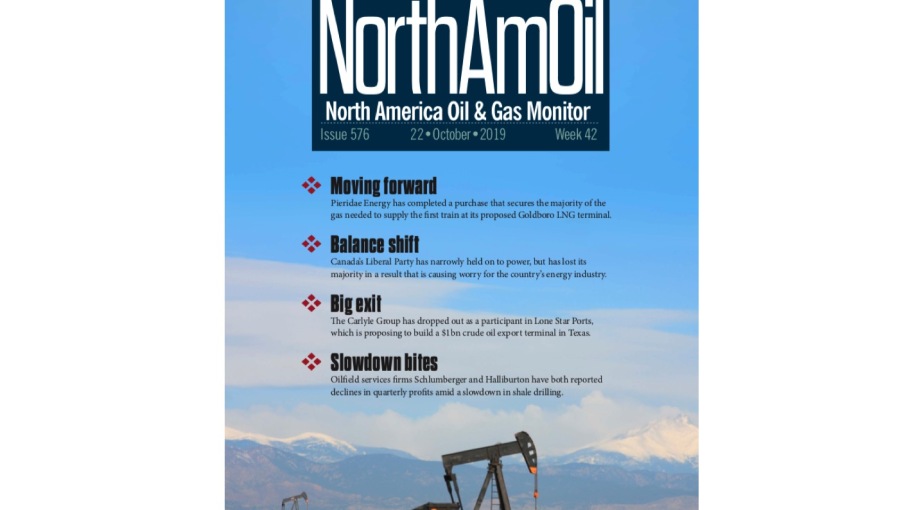NorthAmOil: Shareholders put pressure on super-majors

US super-majors Chevron and ExxonMobil both suffered defeats at the hands of their shareholders last week.
In ExxonMobil’s case, a relatively small activist investor hedge fund succeeded in having at least two of its nominees elected to the company’s board. Meanwhile, Chevron shareholders voted nearly 61% in favour of a proposal to force the super-major to cut its Scope 3 greenhouse gas (GHG) emissions – or those generated by customers using its products.
The defeats – alongside a court ruling against Royal Dutch Shell in the Netherlands that the company needs to cut its emissions more dramatically than it had pledged – have been described as a potential watershed moment for Big Oil. However, analysts also cautioned that even if change is forced on the super-majors, there is no guarantee of how far-reaching it will be in practice. Nonetheless, environmentalists are hailing the developments as a win.
Engine No. 1, the hedge fund leading the proxy campaign against ExxonMobil, won the backing of three of the US’ pension funds and one of the top three fund managers, which cast their votes for the fund’s nominees. The outcome for a third Engine No. 1 nominee was too close to call following the release of preliminary results on May 26.
Engine No. 1 is campaigning to “re-energise” ExxonMobil, which it says is geared towards enhancing its long-term profitability in a decarbonising world. The fund has identified Scope 3 emissions as a “fundamental, long-term threat” to the super-major’s current business model.
The result for Chevron also illustrates Scope 3 emissions as being increasingly in the spotlight. Indeed, oil companies’ carbon footprints are mostly a result of Scope 3 emissions. The proposal passed by Chevron’s shareholders does not define a precise timeline for reducing the company’s Scope 3 emissions, however, nor does it impose any particular measures that Chevron must implement to reach this goal.


Follow us online